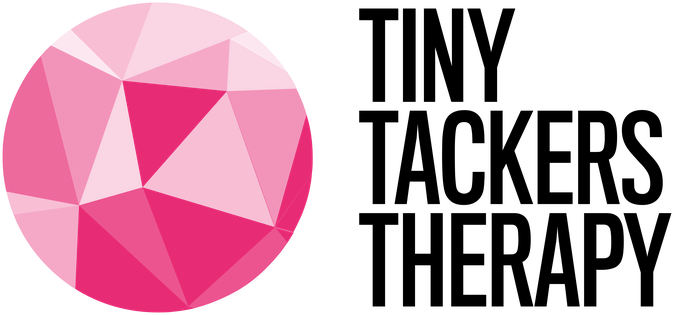What is OT?
How we help
Occupational Therapists or OTs look at what children do in their everyday life, considering the child’s role in their family, their community, and their educational environment. OTs help children to develop skills necessary to complete activities that they want or need to do within the areas of self-care, work/productivity, and play/leisure.
- Self-care: everyday activities, children do (or parents do for their children) to look after themselves like eating, dressing and toileting.
- Work/Productivity: Work for a child includes Kindergarten or School skills, including writing, drawing, using scissors and glue, organising themselves and their materials within the classroom, and following steps to an activity.
- Play/Leisure: includes learning how to play with toys or other children, taking turns in a group, following rules of structured games, and pretend play.
For pre-school aged children this may look like;
- Learning to manipulate and play with toys
- Learning to follow Kindergarten routines
- Learning to toilet independently
- Learning to open food packaging and eat independently with a knife and fork
- Learning social skills such as taking turns with friends
For school-aged children this may look like;
- Learning social skills (playing cooperatively and learning the rules of structured games)
- Self-care skills (packing their school bag, toileting independently or tying their shoe laces)
- Fine-motor skills (handwriting or using scissors)
- Gross-motor skills (using playground equipment)
Role of families in OT
When working with Tiny Tackers Therapy, families need to be aware that intervention sessions alone may not be sufficient to demonstrate progress.
Therefore, families agree (by signing a service agreement) to actively participate in the intervention process and understand that Tiny Tackers Therapy may recommend additional exercises outside of intervention sessions.
Goal setting in OT
Setting goals helps you to identify exactly what you want your child to achieve. It helps us understand what is important to you and your family, and how we can work together to support you and your child in activities at home, school, and in the community. Your concerns as a family, are the starting point for all our work in partnership with you.
Knowing where to start can be overwhelming. It may be useful to reflect on things you would like your child to do, things you would like your child to get better at doing, and/or things you would like your child to stop doing.
Your goals might include;
- Increasing your skills or confidence in playing or interacting with your children.
- Knowing which activities to use to help your child develop specific skills
- Improving your understanding of your child’s strengths and favourite ways of learning
- Example: By August 2021, Lily will independently put her shoes and socks on each morning before school, using a visual schedule and a shoelace tying song.
